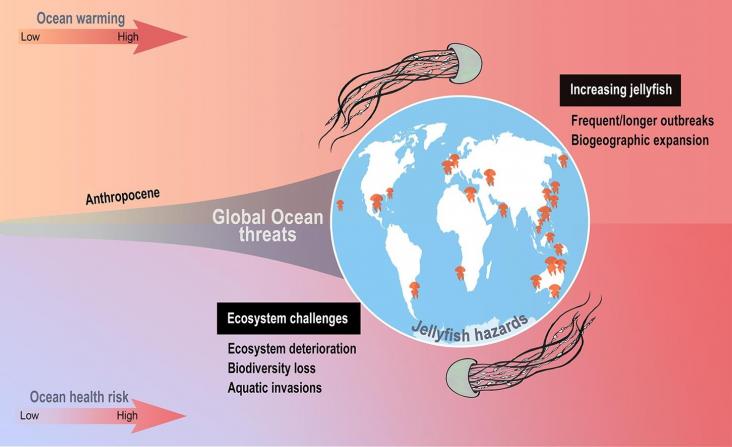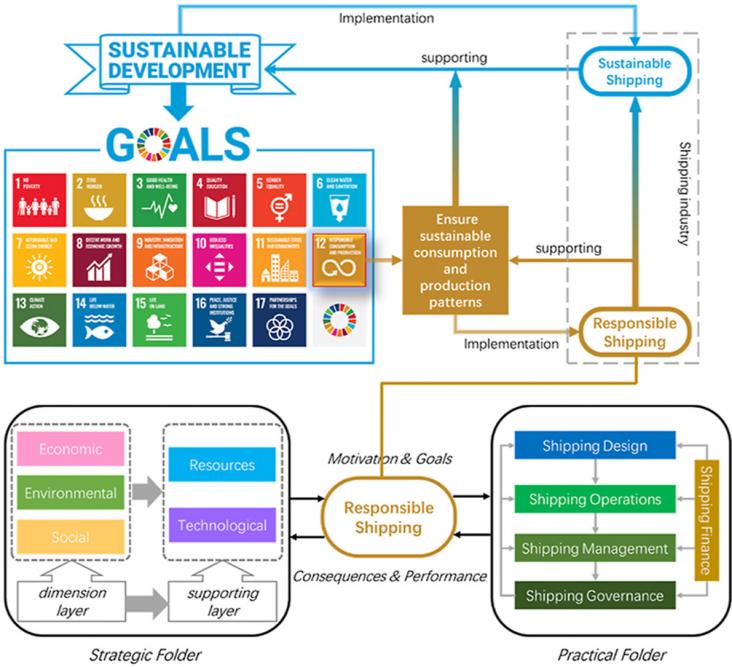Advances in Electronic Materials for Clean Energy Conversion and Storage Applications, Volume , 1 January 2023
Non-Destructive Testing and Condition Monitoring Techniques in Wind Energy, Volume , 1 January 2023
Wind Energy Engineering: A Handbook for Onshore and Offshore Wind Turbines, Volume , 1 January 2023
Monitoring and Control of Electrical Power Systems using Machine Learning Techniques, Volume , 1 January 2023


Synthesis of Bionanomaterials for Biomedical Applications, Micro and Nano Technologies Series, 2023, Pages 493-528
